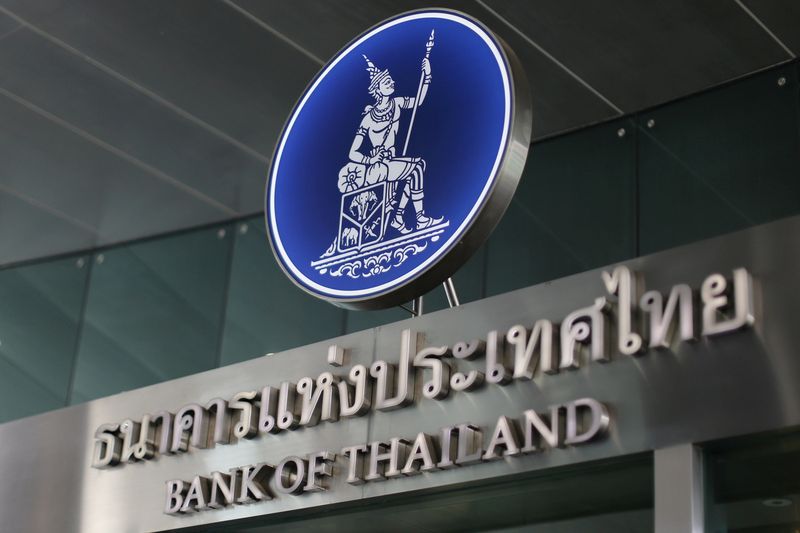By Jamie McGeever
(Reuters) – A look at the day ahead in Asian markets from Jamie McGeever, financial markets columnist.
Normal service resumed.
Wall Street on Tuesday buckled under the weight of high and rising U.S. bond yields, leading a steep decline in global stocks and risk appetite that looks certain to push Asian markets lower at the open on Wednesday.
A Bank of Thailand interest rate decision and the latest snapshots of Australian consumer price inflation and Chinese industrial profits are the highlights on the region’s economic and policy calendar.
Investor sentiment is weak and fragile.
The three major U.S. equity indexes all lost more than 1% on Tuesday, with the Dow Jones Industrials posting its worst day since March and the S&P 500 and Nasdaq both on track for their biggest monthly losses this year of 5% and 7%, respectively.
The move in Treasuries was nowhere near as big as Monday’s. But another day of curve steepening, and 10-year nominal and real yields rising to new multi-year highs crushed stocks.
Volatility on Wall Street is finally picking up too, and at 19.0 the VIX ‘fear index’ of implied vol is closer to long-term averages. Only a couple of weeks ago it registered its lowest daily close since before the pandemic.
U.S. bond market volatility – a key driver of global market stability and liquidity – had its biggest rise since early July. This will reverberate into Asian markets on Wednesday.
Investors in Asia will also note the significance of U.S. crude oil’s rise on Tuesday after a few days of consolidation, not for the 1% rise in itself, but because it lifts the year-on-year price rise to almost 20%.
Bearing in mind that as recently as June oil was down 45% year-on-year, this is a remarkable turnaround and helps explain why longer-dated bond yields are rising so much.
In Asia on Wednesday, Thailand’s central bank is expected to leave its key policy rate unchanged at 2.25% and likely through 2024, marking an end to a year-long tightening cycle, although a minority of economists polled by Reuters still expect one final hike.
Despite inflation edging up slightly to 0.88% in August, it has been below the central bank’s 1% to 3% target range for four months in a row, suggesting the Bank of Thailand can stop hiking.
Add this to the U.S. dollar’s global tear higher, the Thai baht has slumped to its weakest level since November. It is down almost 4% this month, on track for its second-biggest monthly fall in two years.
Meanwhile, there is still no sign of Japanese authorities intervening in the FX market to support the yen, which hit a new 11-month low closer to the 150 per dollar level.
Here are key developments that could provide more direction to markets on Wednesday:
– Bank of Thailand rate decision
– Australia consumer price inflation (August)
– China industrial profits (August)
(By Jamie McGeever; Editing by Josie Kao)

